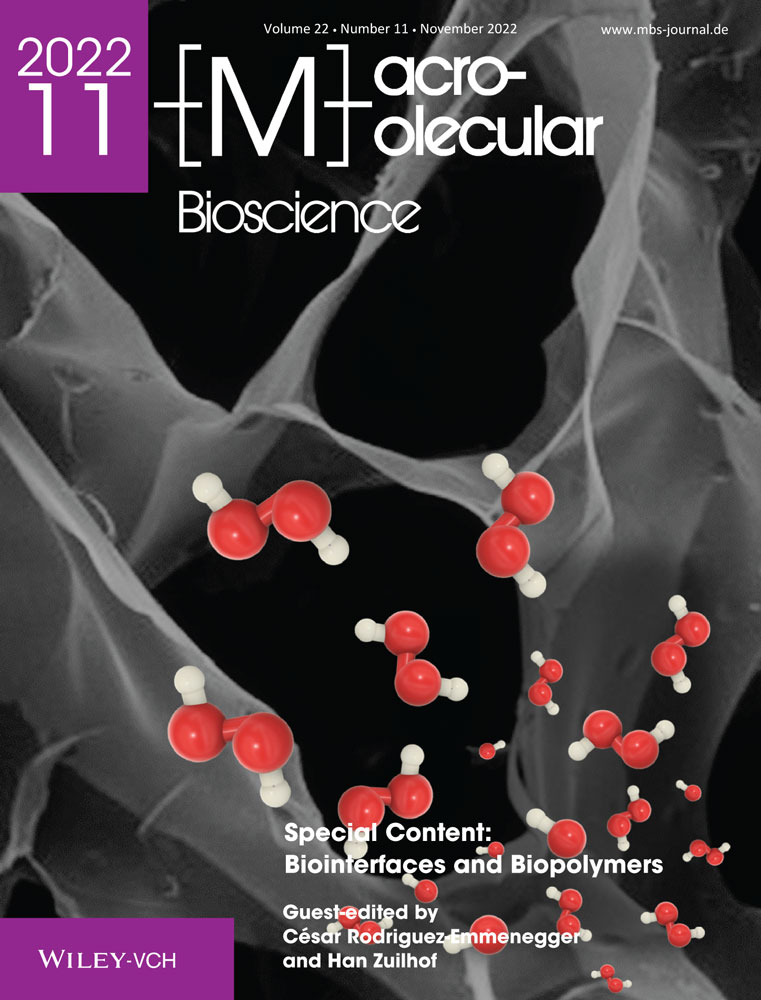Effect of Molecular Weights on Metal-Mediated Grafting of Sulfobetaine Polymers onto Solid Surfaces for Non-Biofouling Applications
Abstract
The grafting of zwitterionic molecules onto solid surfaces is an important tool for decreasing the unwanted adsorption of biomolecules, such as proteins, bacteria, and cells. This has been achieved through various approaches, such as zwitterionic monolayer/multilayer formation, surface-initiated polymerization of zwitterionic monomers, and grafting of presynthesized zwitterionic polymers. Recently, a coordination-driven approach to grafting zwitterionic polymers onto solid surfaces has been discovered to be an effective method because of its versatility and robustness. However, the bacterial adhesion resistance of zwitterionic polymer grafting has been explored using only one molecular weight, and the non-biofouling performance against other fouling organisms has remained unexamined. In this study, the characteristics of coordination-driven surface zwitteration are systematically investigated. Sulfobetaine (SB) polymers with three different molecular weights are synthesized and employed for surface grafting. Polydopamine is used as a surface primer, and SB polymers are grafted onto the surfaces via the formation of metal-mediated coordinate bonds. The effect of molecular weight on the grafting efficiency and non-biofouling performance is investigated via protein adsorption and marine diatom adhesion assays. The SB polymer with a high molecular weight is found to be crucial for achieving strong resistance to protein adsorption and marine fouling.
Conflict of Interest
The authors declare no conflict of interest.
Open Research
Data Availability Statement
Research data are not shared.




